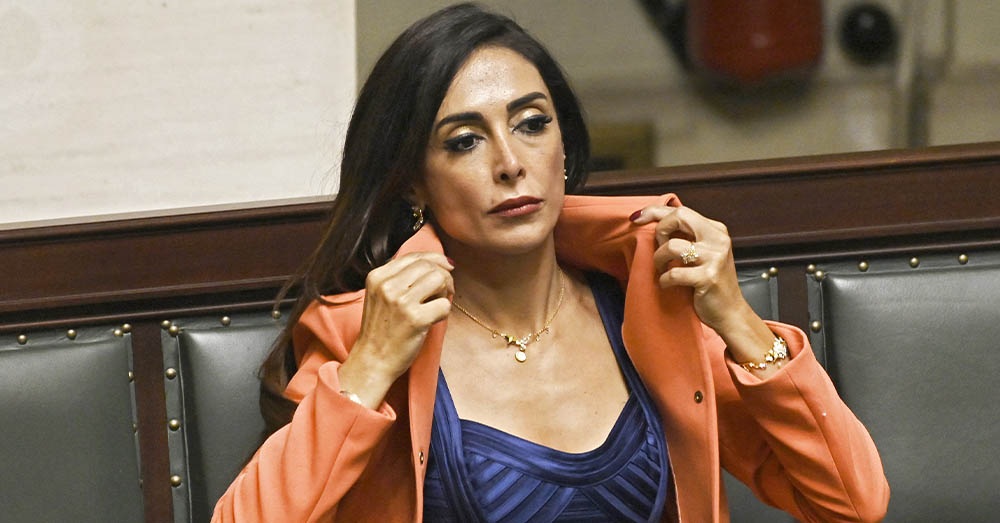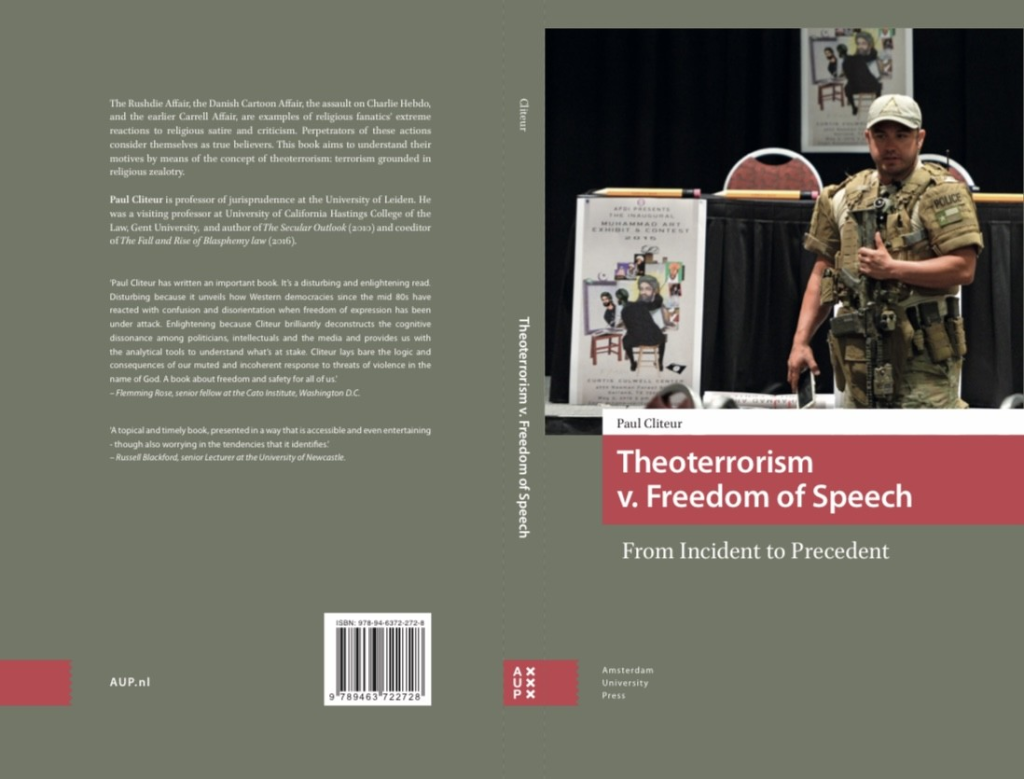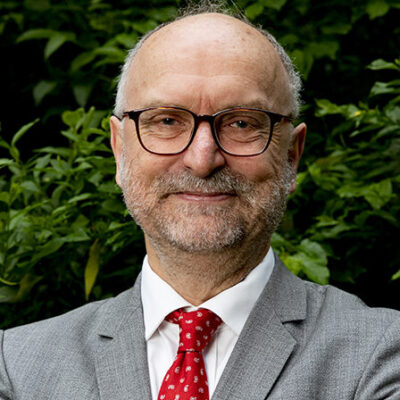
The Iranian-born Belgian politician Darya Safai (NVA) posted a remarkable message on her Facebook page in late July, stating that the Belgian police and security services contacted her about an alarming safety situation. Citing intel indicating that the Islamic regime in Iran wants to kidnap her abroad and take her to Iran. Most likely via agents stationed in Turkey. Safai needs to demand from Prime Minister Bart De Wever immediate action.
By Paul Cliteur
So the Belgian police and security services contacted a Belgian citizen with only a statement and some (verbal) advice: “Iran wants to kidnap you. Our advice: Do not travel to Turkey, because it could be dangerous.”
Two types of reactions to her message were immediately apparent. First, shocked reactions and expressions of support for Safai, along the lines of: "We are behind you, don't let them intimidate you, this is serious, but keep going." Versus: "We don't believe this, it's paranoia, the security services are just saying anything to make Iran look bad."
Professor Kenneth Lasoen, an expert on intelligence services at the University of Antwerp, then appeared on television to explain how the Iranian regime and its security agencies operate in and outside the borders of the Islamic Republic.
Lasoen stands behind Safai because there are plenty of examples of the murderous actions carried out by this regime against critics of the regime, both at home and abroad. Often under the guise that these critics have insulted the prophet and are therefore guilty of blasphemy and deserve to die.
This started in 1987 with the threats against Rudi Carrell. It continued with the fatwa against Rushdie in 1989. And since then, the threat has not left us. On the contrary, it has intensified.

In 2019, I analysed this process in my book Theoterrorism v. Freedom of Speech. I elaborate on the matter that freedom of expression and freedom of thought, in this example, Darya Safai, are threatened by a form of terrorism that is religiously inspired (an idea about 'God's will', hence 'theo').
The terrorists intend to silence people like Rudi Carrell, Salman Rushdie, and, in this case, Darya Safai through threats of violence or the actual use of violence.
This practice of fear and intimidation is working very well. Why? It becomes evident after analysing the reactions. Criticism of Islam is virtually non-existent. Logical. The price for critics is exceptionally high.
A notable local example is Geert Wilders, the frontman of the Party for Freedom (PVV). He has been living under a heavy security regime in the Netherlands for more than 20 years. The same could be argued for his Belgian colleague Filip Dewinter. Just to name a few.
But what continues to amaze and fascinate me is how Western governments have not yet managed to put a stop to this phenomenon. How is it that all ministers of justice and security, both in the Netherlands and in Belgium, have failed so miserably in effectively tackling this?
It should be on top of their agenda.
In an interview in the Brussels Times, Safai provides some further information about the message she received from the security services:
"It's out of luck that Belgian MP Darya Safai was in California with her family when, less than 48 hours ago, she received a call from the Belgian security services warning her not to travel to Turkey, where she sometimes holidays with her family."
Should we conclude from this that Safai only received that phone call from the security services because she was abroad and there was a chance that she might fly back via Turkey? But the most crucial question is: what should a potential victim do with this kind of information?
Do the security services merely share it?
Surely the Belgian state should take much more action than simply informing a potential victim that they could become a victim? In that regard, Safai should inform her political boss, Bart de Wever, who also happens to be the Prime Minister of Belgium, about this matter. The Prime Minister should take up this issue with the highest priority.
An attack on a Belgian citizen is as serious as an attack on Belgian territory. The prime minister should summon the Iranian ambassador and get to the bottom of it. It cannot be the case that critics of Iran, the Prophet, or Islam have to fear for their lives constantly.
If that is the case, then theoterrorists will have succeeded in their objectives.






We leave you alone, then leave us alone.